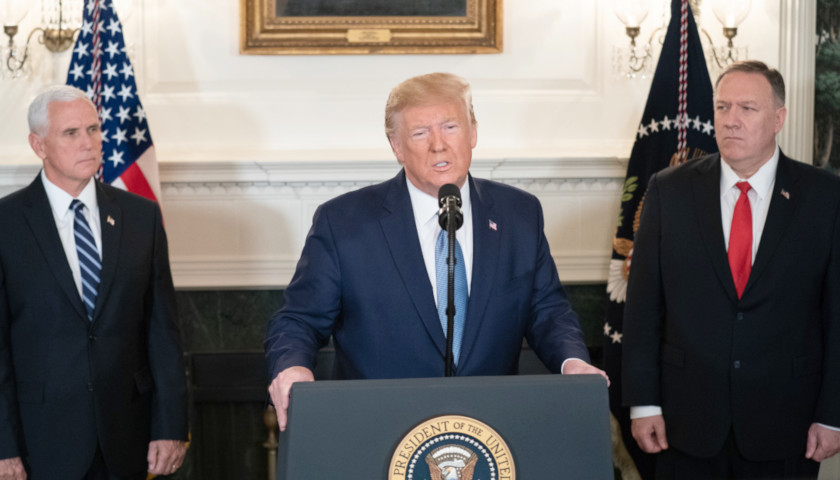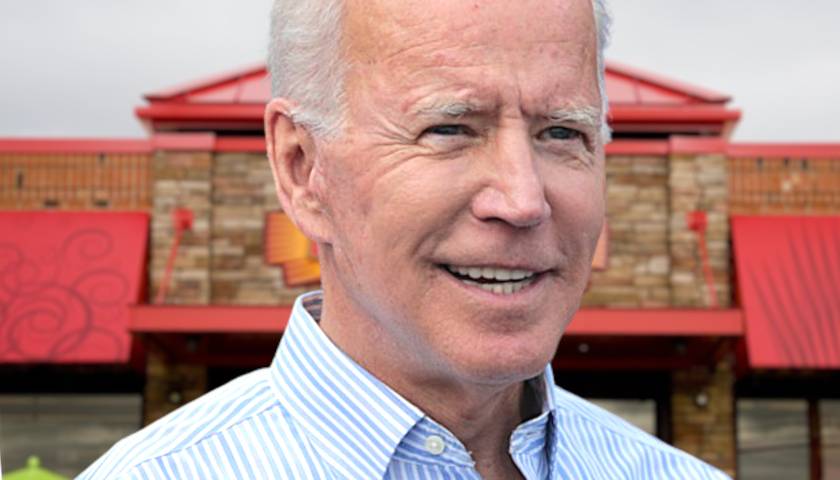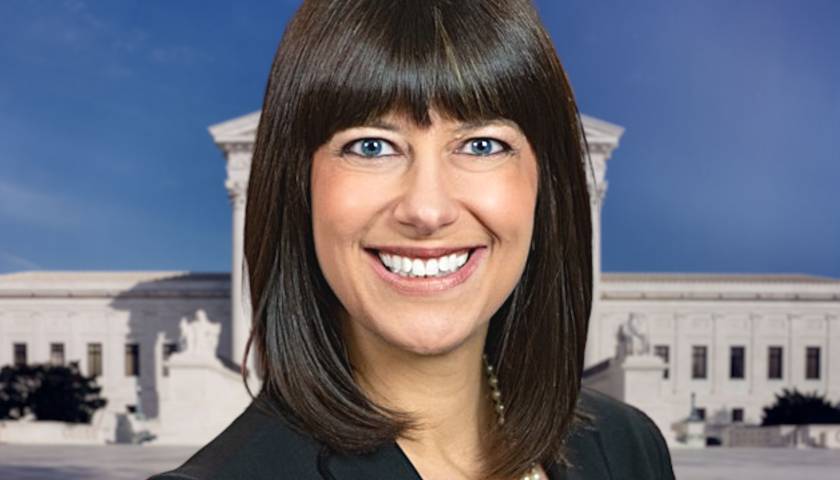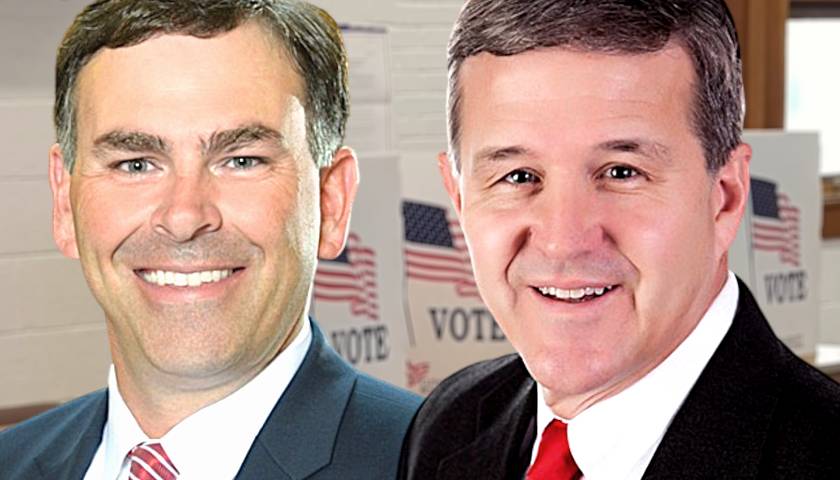by Patsy Widakuswara
WHITE HOUSE – President Donald Trump says a U.S. brokered ceasefire in Turkey’s assault on Kurds in northeastern Syria has become permanent and Washington is lifting sanctions imposed on Ankara.
“Early this morning Turkey informed my administration that they would be stopping combat and their offensive in Syria, and making the ceasefire permanent and it will indeed be permanent” Trump said. However, Trump added “the word permanent in that part of the world is somewhat questionable.”
— Donald J. Trump (@realDonaldTrump) October 23, 2019
Sanctions imposed on Turkey for its military offensive against Syrian Kurds in the region are being lifted “unless something happens that we are not happy with,” Trump said.
The Syrian Democratic Forces (SDF) fought alongside U.S. forces against Islamic State terrorists. But Turkey considers them to be linked with Kurdish separatists who have long fought for autonomy inside Turkey, and calls them “terrorists”.
SDF spokesman Mustafa Bali thanked Trump on Twitter for his “tireless efforts that stopped the brutal Turkish attack” and said the U.S. president “promised to maintain partnership wit the SDF.”
GEN.Mazloum:
2. We THANK President Trump for his tireless efforts that stopped the brutal Turkish attack and jihadist groups on our people.— Mustafa Bali (@mustefabali) October 23, 2019
After his White House remarks President Trump did not respond to questions about testimony earlier in the day from a senior administration official acknowledging that more than 100 prisoners linked to the Islamic State extremist movement have escaped in Syria in the chaos since Turkey’s incursion.
“We do not know where they are,” James Jeffrey, the State Department envoy in charge of Syria told the House Foreign Affairs Committee on Wednesday.
In his speech Trump claimed IS is under “very, very strict lock and key” and that detention facilities are “strongly maintained”. “There were a few that got out, a small number relatively speaking, and they’ve been largely recaptured” Trump said, contradicting his envoy’s testimony.
The president’s claim of success in Syria has been met with criticism.
“There’s no success here, he is just trying to cover his backside because of the terrible decision he made,” said Henri Barkey, professor at Lehigh University and adjunct senior fellow for Middle East studies at the Council on Foreign Relations.
Barkey was referring to Trump’s abrupt decision to withdraw American troops from northern Syria two weeks ago that effectively allowed the Turks to move in with a military incursion into what had been a Kurdish safe zone in northern Syria.
Turkey, a NATO ally, on Tuesday said there is “no need” to resume its military offensive, saying the U.S. has told it that the Kurdish withdrawal from the northern Syrian border is complete.
Putin-Erdogan agreement
Russian President Vladimir Putin and his Turkish counterpart, Recep Tayyip Erdogan, reached an agreement Tuesday on joint control of the Syrian border region.
Under the agreement, Kurdish fighters would be kept 30 kilometers from the entire 440-kilometer Turkish-Syrian border, and also withdraw from the towns of Manbij and Tel Rifaat.
Video provided by VOA’s Kurdish service showed Russian military vehicles entering the city of Kobani Wednesday, on the border with Turkey.
“This is demonstrating to the region that Russia is the dependable and active power when the U.S. is withdrawing”, said Henri Barkey.
After the agreement between Putin and Erdogan was announced, the White House dismissed the notion that Russia is moving into the vacuum created by the withdrawal of U.S. troops from northern Syria.
“That’s what we’re trying to avoid,” Deputy Press Secretary Hogan Gidley said to VOA, adding that the president “went into these national security issues wide-eyed.”
Syrian government forces deploy near the town of Tal Tamr, north Syria, Tuesday, Oct. 22, 2019. Russia and Turkey announced an…
Syrian Chaos Breathes Life into Islamic State
With so many opportunities emerging for the terror group, US counterterrorism officials warn IS’s next steps are uncertain
Meanwhile, U.S. Defense Mark Esper arrived in Baghdad Wednesday for talks with Iraqi officials about the arrival of U.S. troops recently withdrawn from northern Syria.
Seven hundred or more troops have moved into western Iraq, where 5,000 military personnel are already deployed.
Angry Kurds screamed obscenities and pelted a U.S. convoy with rotten potatoes as the convoy headed through the streets of Duhok in the Iraqi Kurdistan region on the way to Iraq.
Esper has said the additional troops would help defend Iraq and be available to conduct anti-terrorism operations against Islamic State insurgents inside Syria.
But the Iraqi government says the troops do not have permission to stay in the country.
The U.S. defense chief said that “eventually their destination is home” back in the United States.
National Defense correspondent Jeff Seldin contributed to this report




